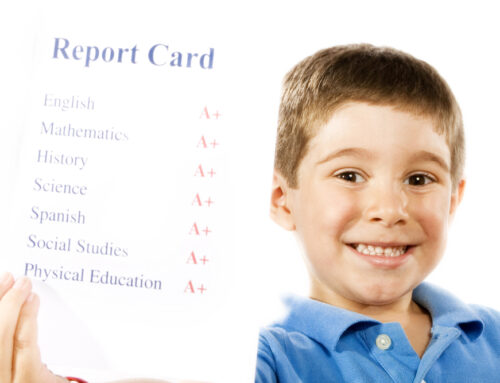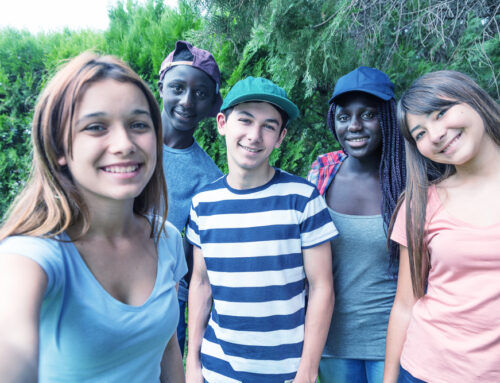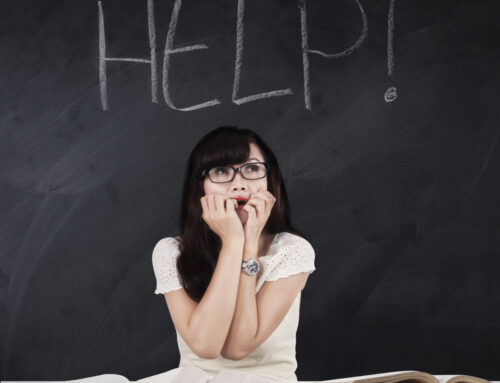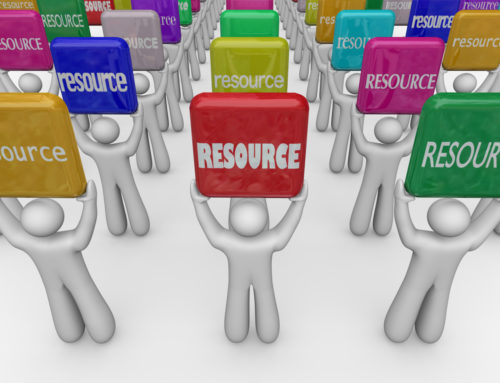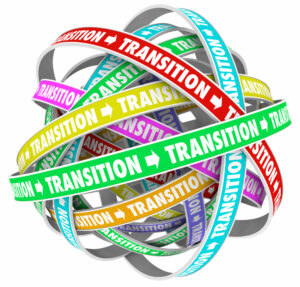 It has been nearly four years since the COVID-19 pandemic began. Since then, considerable research has been conducted on the pandemic’s impact on students, both in terms of academic performance and mental health. In a previous blog post, we discussed how Covid resulted in learning loss and impeded students’ development of the “soft skills” necessary for academic and personal success. In another post, we addressed the implications of these issues for colleges, which are now educating students whose high school years were disrupted by Covid.
It has been nearly four years since the COVID-19 pandemic began. Since then, considerable research has been conducted on the pandemic’s impact on students, both in terms of academic performance and mental health. In a previous blog post, we discussed how Covid resulted in learning loss and impeded students’ development of the “soft skills” necessary for academic and personal success. In another post, we addressed the implications of these issues for colleges, which are now educating students whose high school years were disrupted by Covid.
A recent Inside Higher Ed article described the challenges that college admissions offices are facing this year as they evaluate applicants who began high school during the pandemic. Colleges have the difficult task of trying to determine if applicants are not only college-ready academically, but if they’re ready socially and emotionally as well.
This article prompted me to wonder if my Class of 2023 students felt that Covid has affected their transition to college. I reached out to several of them and their responses were mixed. One said, “School has definitely been academically challenging, but I don’t think my adjustment has been significantly impacted by Covid. I also don’t think my social life has been impacted very much.”
Another said, “I haven’t seen many disruptions from Covid to my grade specifically. All my friends and I have adjusted well to college life and class work . . . I would say emotionally there was a big impact. I know many people at [my college] love it here because they’re happy to be outside and hanging with people. During Covid we couldn’t do that as much, so people appreciate being out and about more now. I also know people who avoid taking the online classes that are offered because it brings them back to the Covid lifestyle. They definitely prefer in class courses.” In this student’s case, it seems that although the pandemic affected her and her classmates’ emotional well-being, the outcomes have been largely positive.
Other students acknowledged that Covid has made their college transition more difficult. One is doing really well overall — she’s enjoying her classes and quickly got involved in campus life. Nonetheless, she said, “I did spend a lot of concentrated time at home with my mom during the height of the pandemic and in the year that followed with virtual learning, and I think that has made it even harder to adjust to being away from home now. We grew accustomed to spending lots of time together, and I personally think it’d feel like a little less drastic change if we hadn’t gotten used to that.”
One of my former students is having a very tough time adjusting to college, and her mom feels that Covid is largely to blame. Her mom said, “Academically, she’s doing good and she likes her professors and classes . . . [but] she’s struggling to make friends . . . she’s always been social and outgoing in a lot of ways and it was the end of her freshman year and sophomore year that were really interrupted. Then, junior year she was really focused on academics and college and she missed out on the time when she could be focused more on fun things.”
My student’s mother also commented on how she thinks the college her daughter attends could have done a better job of helping Covid-impacted students with the transition. She said, “In the orientation, there needs to be a little more of what we all learned in kindergarten, like ‘check on your roommate,’ ‘check on your neighbors,’ ‘don’t be mean,’ etc.”
It’s likely that COVID-19 will affect incoming college students for the next several years. If you are a younger student (or the parent of one) and are concerned about adjusting to college, find out what kinds of support the schools you’re considering offer. While some students may need more assistance than others, the availability of specific resources and services may be an important factor in determining if a college is a good fit.

